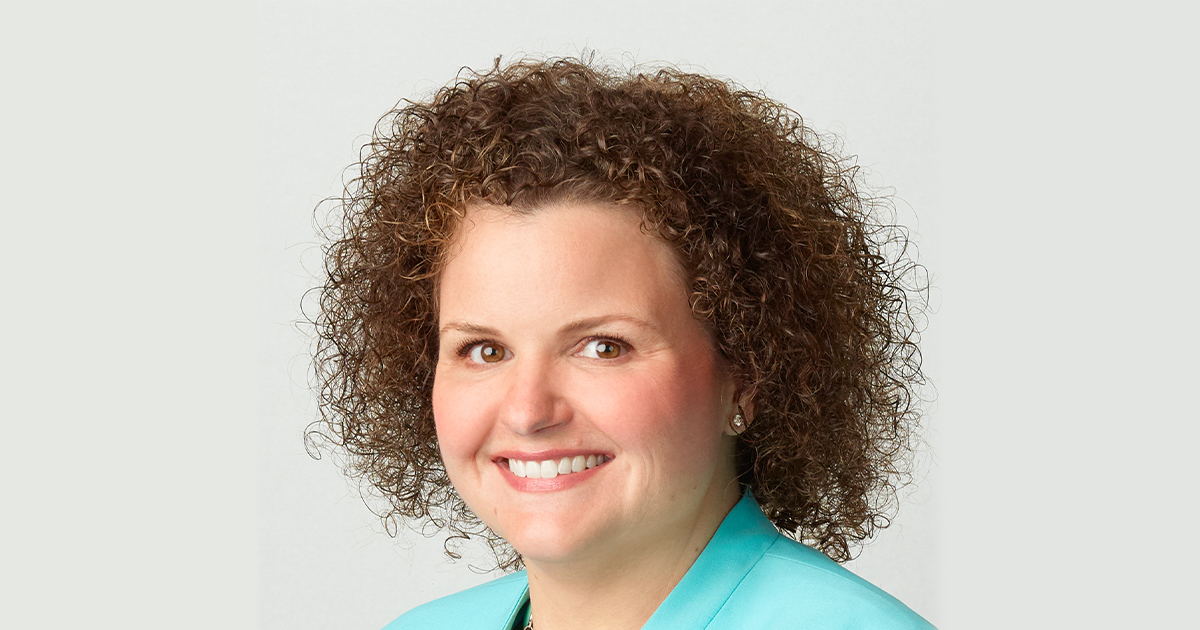Since the Affordable Care Act, it's become increasingly common for adult children to stay on their parent's insurance until they're 26—which is convenient and also affordable. But are parents doing all they can to prepare their children for branching out on their own when the time comes?
With open enrollment in full force, West Michigan Woman sat down with Carrie Kincaid, Director of Product Development & Risk Adjustment, Priority Health, to learn best practices when shopping for a health plan, how to help your children choose what's right for them, things to specifically look for, what to avoid and more.
Though adult children staying on their parent's insurance can save quite a bit of money, they run the risk of not fully understanding the responsibility and costs associated with having their own health insurance.
"This can sometimes come as a bit of a shock when they turn 26 and find themselves looking for a plan of their own, as they may lack knowledge on the insurance enrollment process and types of coverage they should be considering," said Kincaid, adding that parents can be integral in the process of preparing their child. "Health insurance can be complicated and confusing, so it's important for parents to help their children understand exactly what they are signing up for."
This means parents should take the time to sit down with their child to review different plan options and ensure they understand commonly used health insurance terms such as HMO (health maintenance organization), PPO (preferred provider organization), HSA (health savings account), deductible, premium, and more. Kincaid stresses the importance of planning ahead, saying this is a great opportunity to discuss possible out-of-pocket expenses and a budget for specific health care costs.
"A report from CNBC earlier this year revealed health care costs as a key contributor to Americans going into debt," said Kincaid. "Take this time with your child to discuss healthy spending habits and savings tips. Check to see if their insurance provider offers resources that can help them lower the cost of care, including cost estimator tools that provide access to the prices in-network medical facilities and pharmacies charge for their services."
After all, financial health is just as essential to a person's well-being as their physical health.
Doing your homework is also a point of great importance when looking for the right plan.
"It's imperative for young adults to do extensive research before purchasing a plan to ensure they're signing up for coverage that caters to their specific health care needs," said Kincaid, who notes adult children should know when exactly they'll roll off their parent's health insurance. "Some insurance plans—typically those offered through the ACA marketplace—may allow young adults to stay on their parent's plan through the end of the year once they've turned 26, while young adults covered by their parent's employer-based plan will likely be removed from their coverage on or shortly after their 26th birthday."
Because some states and plans have different rules, parents should check with their employer's human resources department to confirm the requirements of young adult coverage.
While perusing the seemingly endless score of available plans, consider these questions:
- Do you need a plan that covers a specific prescription drug?
- Are you anticipating another life change, such as marriage or the birth of a child?
- Do you have any procedures or surgeries coming up?
Before purchasing a plan, you should also know what's covered and what you're expected to pay out of pocket.
"Someone can choose to have an HSA with an HMO plan, meaning you pay 100% of the cost of your health care out-of-pocket until you meet your deductible, and it's a good choice if you're generally healthy," said Kincaid. "Your HSA will help you save up for those moments when you do need to seek medical care and pay out-of-pocket."
Another thing people should keep in mind, Kincaid said, is whether or not they want to be a part of a narrow network.
"A narrow network is a specific system of doctors and hospitals and their affiliated clinics," she said. "When you opt into a narrow network, you're required to receive care in that specific network, but the plan cost is often less expensive."
It's not uncommon for young adults to think they're invincible and therefore don't need their own health insurance plan; Kincaid cautions against this line of thinking.
"Some may think that because they're young and healthy, they don't need to worry about spending time and money on their own health insurance. However, the reality is that none of us can predict the health problems we'll encounter in the future," said Kincaid, noting the average cost of a three-day hospital stay is approximately $30,000, according to healthcare.gov. "Young adults with this mindset must quickly realize how important it is to be covered."
While purchasing a health insurance plan for the first time may seem intimidating, it's an important step in adulthood and independence.
"Do your research and make sure you're signing up for something that works for you," said Kincaid. "The Open Enrollment period runs until December 15. Those who are turning 26 can review health insurance plans by speaking with an agent, reviewing options within the marketplace, or connecting with their employer's human resources department."
Written by Sarah Suydam, Staff Writer for West Michigan Woman.
Photo courtesy of Priority Health




